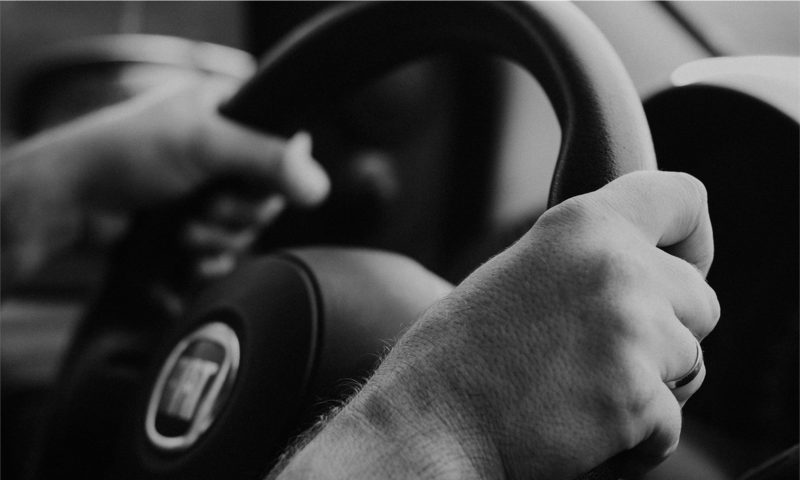Data Story – Decriminalizing Poverty via Suspended License Reform
For years, criminal charges for Driving While License Suspended (DWLS) have been one of the most challenging “poverty traps.” The charges, for the low-level nonviolent DWLS offense, often lead to people losing their jobs, their housing, and community connections.
By delaying prosecuting appropriate DWLS cases to give the driver a chance to pay overdue fines and restore his or her license, prosecutors can hold the driver accountable, fix the underlying problem, and not set the driver into a downward spiral of poverty and incarceration.
Since 2017, we have prioritized traffic safety when prosecuting offenders for Driving with License Suspended cases. We will hold defendants accountable using DWLS charges in situations where the suspension was ordered for a traffic-related offense that jeopardizes safety, such as cases where someone is hurt or property is damaged, Driving Under the Influence, or violating commercial driver’s license laws.
Focusing on safety
But many license suspensions are not related to traffic safety at all—instead, they result from an inability to pay civil fines and fees. Because of this, many Floridians are trapped in a cycle of driving without a license so they can earn money to reinstate their license.
This is a vicious cycle. It puts otherwise law-abiding citizens into the criminal justice system because of financial hardship. That approach is counterproductive, wasteful, and undermines public safety. Prosecution worsens the problem by imposing additional fines and threatening their job security.
Starting when he took office in 2017, State Attorney Warren implemented this approach to DWLS charges, which increases traffic safety by ensuring drivers are properly licensed and insured. Drivers successfully regain their licenses, and then our office dismisses the charges, providing an added incentive for drivers to take the steps needed to get their license back while reducing the criminalization of poverty.
What does the data story tell us?
Through our continued commitment to this approach, our office has dismissed more than 7,000 cases since 2017 because defendants met the requirements to regain their licenses.
[INSERT CHART – DWLS cases dismissed after driver regained license]
Our data illustrates that this approach is having a significant impact on removing this “poverty trap” and decriminalizing poverty. In 2019, approximately 41% of DWLS cases were resolved because a driver became licensed again—in 2016, that figure was just 4%.
This tremendous increase has removed an unnecessary government-imposed hurdle from people’s lives, achieved safer roads, saved taxpayers money, and delivered compassion for people who are struggling to make ends meet.



